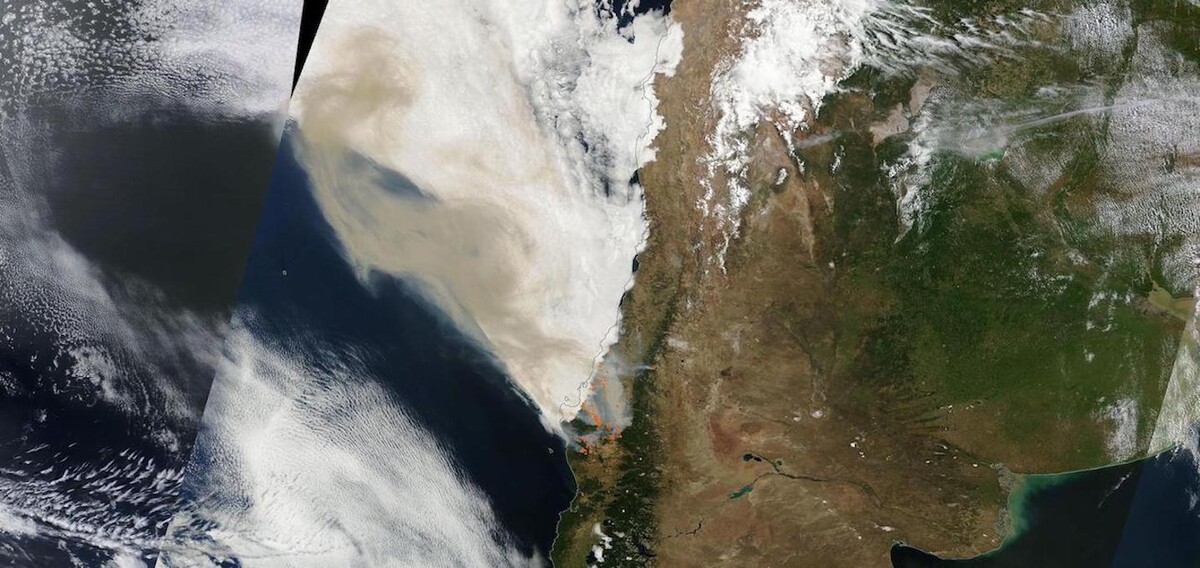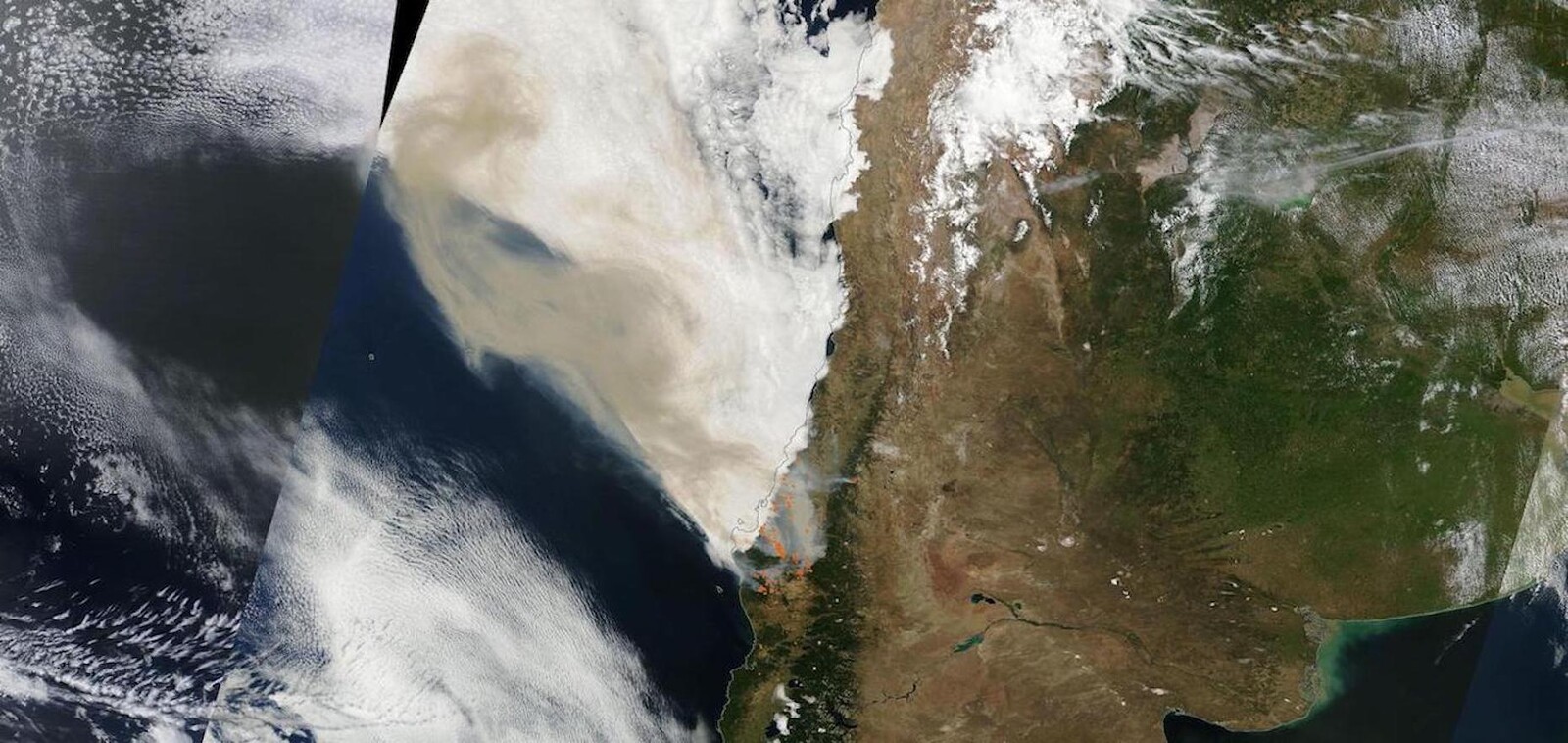The Blazing World, or the Climatological Imperative: From Inaction to Reimagination
March 15–April 5, 2024
What is the reason for all-encompassing inaction, found in our attitude of abandonment towards the planet, as if our lives do not depend on it? What underlying symptoms do we carry that allow such recklessness? How is it that we know the findings and projections of climate change science and still cannot act, even in the face of pending extinction? In this second installment of a three-year long IDSVA Climate Change Symposium, we will address these questions from various angles coming from natural science, indigenous knowledge, speculative ontology, and the arts. These diverse approaches are continuing, in part, the philosophical disposition of the philosopher Margaret Cavendish, who in 1666 wrote a feminist-scientific utopia titled The Blazing-World, which carried a premonition of our planetary inactivity and misguidance. For our world is indeed blazing with suffocating plumes of smoke from wildfires and planetary overheating, which demands a new climatological imperative, imagined through radically different systems of knowledge.
Dates and hours
Friday, March 15, 6–8pm ET
Bruce Glavovic (Auckland, Aotearoa New Zealand). Register here.
Friday, March 22, 1–3pm ET
Elina Staikou (London, United Kingdom/Athens, Greece); Howard Caygill (Barton-on-Sea, United Kingdom/Athens, Greece); Johan Thom & Wayne Binitie (Pretoria, South Africa). Register here.
Friday, April 5, 2–4pm ET
Andreas Weber (Berlin, Germany); Nephi Craig (White Mountain Apache Reservation, Arizona); Piripi Waretini (Aotearoa New Zealand). Register here.
Moderator: Dejan Lukić (New Mexico/Croatia)
Friday, March 15 6pm ET
Plenary opening, Bruce Glavovic: “On the Horns of the Climate Change Dilemma: Re-imagining the Knowledge-Action Nexus”.
This talk explores three dimensions of the climate change dilemma: On the one hand, science-, business-, and politics-as-usual have set the planet ablaze with runaway global warming that imperils people and the planet. On the other hand, arresting global warming and adapting to a changed climate necessitate transformational societal change. How might we re-imagine the knowledge-action nexus in the face of this dilemma? To get us started, Glavovic provides a synopsis of key findings of the IPCC’s (Intergovernmental Panel on Climate Change) sixth assessment—the most recent comprehensive scientific account of climate change and its impacts—further explaining why this laudable multi-decadal undertaking exemplifies the Tragedy of Science. He then highlights the manifold ways in which local and Indigenous Knowledges shed different light on climate change and the associated dilemma. How might knowledges about climate change be re-imagined? How should the IPCC’s seventh assessment, about to get underway, be reconfigured? Further, how might government inaction on climate change be transmogrified? He proposes a “Climate Change Truth and Reconciliation Commission”as a core institution to hold both scientists and governments to account for the science-society contract. Local communities are the crux of the climate change dilemma. Community-based climate action needs to be re-imagined: false dichotomies need to be reconsidered, including science vs mysticism; facts vs values; knowledge vs action; people vs nature; and community vs society. Finally, Glavovic suggests a course to open-up opportunities for emancipatory community-based climate action.
Bruce Glavovic has worked as a policy advisor, consultant planner, and academic in New Zealand, South Africa, and the USA. He is internationally recognized for critical applied scholarship on adapting to climate change. Glavovic received the New Zealand Planning Institute’s Distinguished Service Award and the Individual Research Award from Massey’s College of Humanities and Social Sciences (2022) and was listed in Stanford University’s World’s Top Two Percent Scientists (2023). UNESCO’s Intergovernmental Oceanographic Commission invited Glavovic to prepare Guidance on community-based coastal hazard risk reduction that is being implemented by UN members from 2024.
Dejan Lukić, IDSVA Core Faculty, is trained as an anthropologist (PhD, Columbia University, 2007). His research encompasses continental philosophy, science and religion, art and ecology. He is engaged in the development of what could be called avant-garde philosophy and multi-ontology. He is currently writing a multi-volume manuscript titled “Deranged Vivarium: Variations on Coexistence.”



